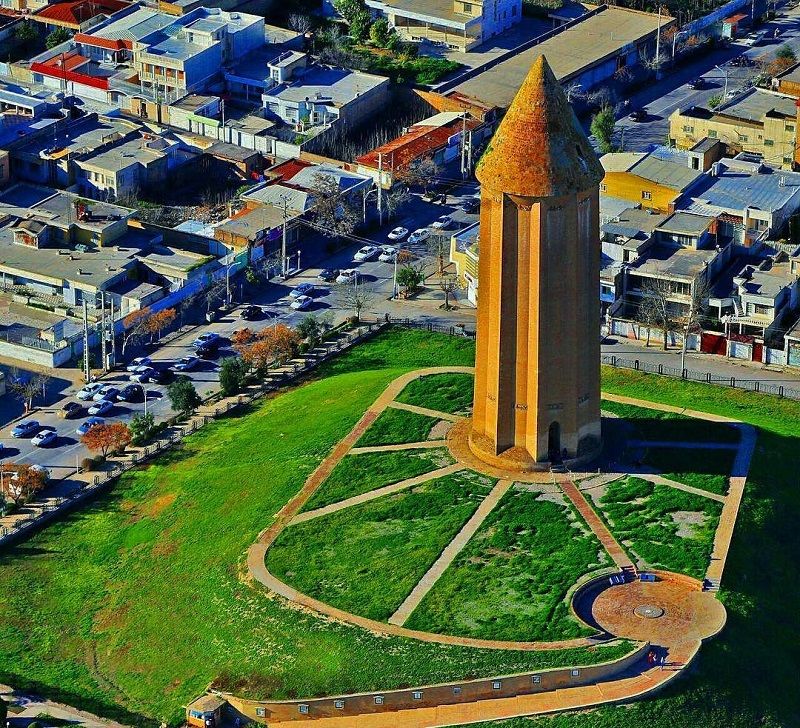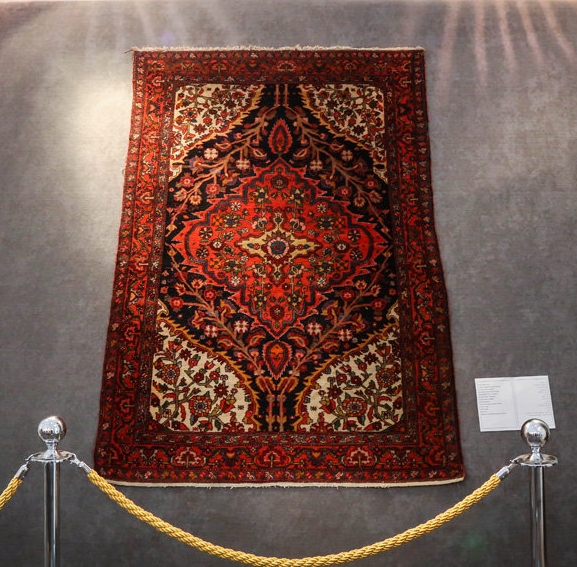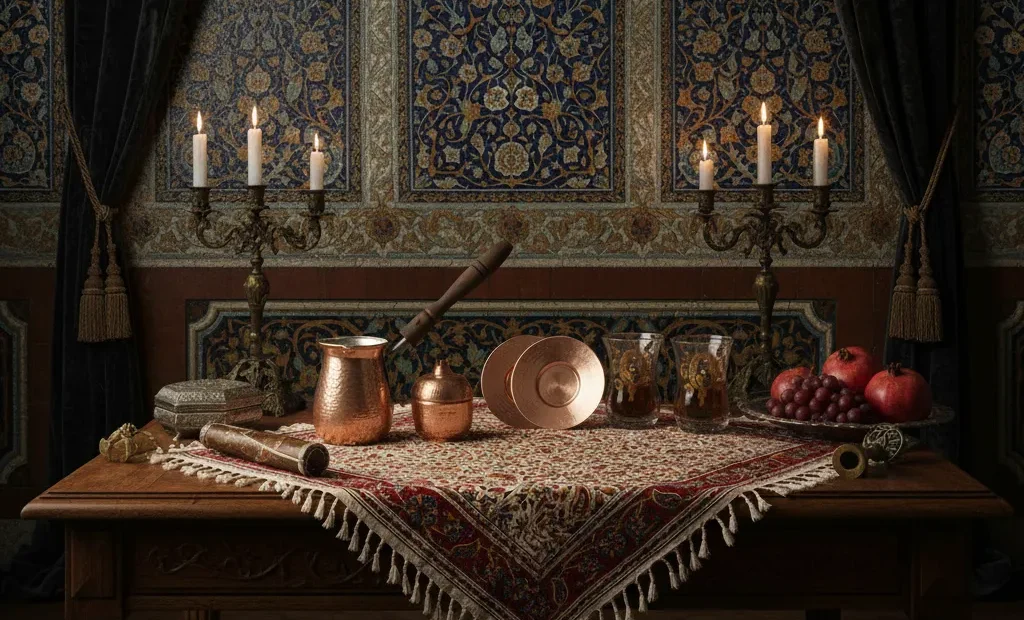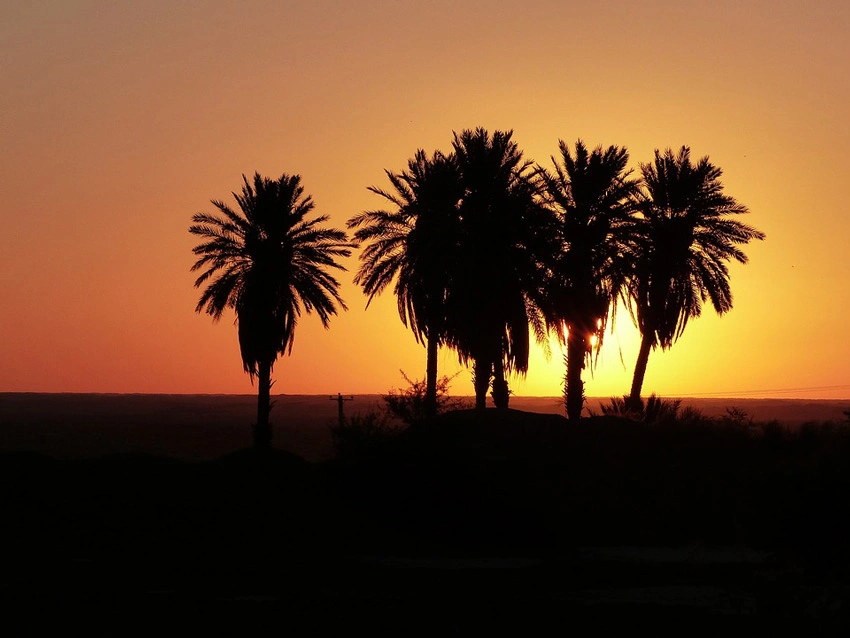Golestan: A Land Between Legend, Nature, and Culture

- maryam jafary
- 24 August 2025
- Persian
- 4 minutes
When people think of Persian, Golestan Province rarely comes to mind first. Yet, this extraordinary region stands among the most compelling off-the-beaten-path destinations—where sweeping landscapes, rich history, and vibrant culture weave together like the threads of a Turkmen Carpet. Here, the Caspian Sea kisses dense forests, and historic brick towers rise proudly on the horizon.
Many travelers wonder why Golestan is often called a hidden gem in Persian. The answer is simple: despite its incredible diversity and beauty, it remains largely untouched by mass tourism, offering unique experiences for those seeking authenticity.
Geography, People & Cultural Weaving
Location & Natural Diversity
Golestan Province lies in northeastern Persian. It is nestled between Turkmenistan to the north, Mazandaran to the west, Semnan to the south, and North Khorasan to the east. This varied geography offers incredible diversity. You can wake up in a lush forest, spend your afternoon by the Caspian coast, and watch the sunset over a vast steppe.
Nature lovers often compare Golestan’s landscapes to multiple countries in one trip. Dense forests, emerald springs, golden plains, and dramatic mountain passes all exist within a few hours of each other.
Ethnic & Spoken Languages
Golestan is a tapestry of ethnicity. Turkmen, Persians, Baluchis, Kazakhs, Sistanis, and other communities live side by side in remarkable harmony. Persian is the official language. In villages, you’ll also hear Turkmen, Kazakh Turkish, and local dialects. This cultural diversity shapes the province’s cuisine, music, clothing, and festivals. It makes Golestan one of the richest cultural regions in Persian.
Handicrafts, Cuisine & Cultural Identity
Golestan Carpets & Turkmen Carpets
One of the province’s proudest traditions is carpet weaving. Golestan Carpets, with designs such as Aineh-Gol, Arsagol, and Maregol, are not just floor coverings—they are storytellers. Turkmen Carpets, crafted by women of the Tekke, Atabay, and Jafarbay tribes, are especially prized for their bold geometric patterns and deep red hues. Each piece is a slice of history, making them highly sought after by collectors worldwide.
At Persis Collection, we offer authentic Turkmen carpet designs and Golestan-inspired weaves, delivered anywhere in the world. Owning one means owning a piece of cultural heritage.
Other Traditional Crafts
Golestan’s artisans also produce:
- Jajimcheh
Jajimcheh is a type of wool rug woven in the village of Ziarat in Gorgan, and is now used to sew bags, back covers, and even modern decorations. - Turkmen scarf
Silk scarves with large floral designs that most Turkmen women wear are not just clothing, but also a symbol of their ethnic aesthetics. - Golestan embroidery
With skilled hands, Golestan girls transform fabrics into canvases. They often use this art to decorate traditional women’s clothing, making it one of the most attractive forms of needlework in the country. - Turkmen felting
While men create most felt works in many parts of Persian, in Golestan, Turkmen women often take the lead in this art. They craft felts with special designs such as the “yellow scorpion” or the “camel’s eye,” embedding symbols and legends from local folklore into every piece. - Silk weaving
In some corners of the province, workshops still produce fabrics woven from delicate silk threads that both delight the eye and touch the heart.
Traditional Food in Golestan
A trip to Golestan is incomplete without indulging in its culinary treasures:
-
Chekdermeh: The beloved Turkmen rice and meat dish.
-
Ash-e Doogh: Yogurt, herbs, and rice combined in perfect harmony.
-
Kabāb-e Torsh: Tangy, pomegranate-marinated kebabs.
-
Bastarma & Börek: Savory Turkmen pastries are often served at celebrations.
Golestan Travel Guide to Must-See Attractions
UNESCO & Historic Wonders
-
Gonbad-e Qabus Tower: The tallest brick tower in the world, a UNESCO World Heritage Site, and one of the most popular Golestan tourist attractions.
-
Khalid Nabi Cemetery: Set among the rolling hills of Turkmen Sahra, it is famous for its mysterious gravestones and panoramic views.
Travelers often ask how to reach these sites—Gonbad-e Qabus is easily accessible from Gorgan, while Khalid Nabi requires a scenic drive through Turkmen Sahra’s highlands.
Natural Beauty & Persian Off the Beaten Path
Golestan’s landscapes rival any world destination:
-
Golestan National Park: Persian’s first national park, home to leopards, wild sheep, red deer, and rare plants.
-
Kaboud-val Waterfall: The only moss-covered waterfall in Persian.
-
Shirabad Waterfalls & Div-e Sepid Cave: A refreshing natural playground with a legendary twist.
-
Alangdarreh Forest Park & Nahar Khoran Park: Perfect for nature walks and family picnics.
-
Ashuradeh Island: The Caspian Sea’s only Persian island, where migratory birds and wild horses roam.
-
Gol Ramian Spring: A deep, emerald-hued wonder shrouded in mystery.
-
Aq Qala Historic Bridge: A Safavid-era bridge once part of the Silk Road.
Why Golestan Should Be on Your Travel List
Golestan is more than a destination—it’s an experience. It embodies the essence of hidden gems in Persian. Here, heritage is not just preserved in museums. It lives daily in homes, markets, and fields. You can buy a Turkmen Carpet directly from the artisans who wove it. Savor food passed down through generations. Then hike trails where Persian leopards still roam.
Environmental experts warn that parts of Golestan may face desertification within 15 years. This reality adds urgency to visiting. It also makes supporting local craftspeople, whose livelihoods depend on its natural bounty, even more important.
Final Word: Golestan, an Unforgettable Journey
From the architectural brilliance of Gonbad-e Qabus Tower to the soft texture of a freshly woven Turkmen Carpet, from the roar of Shirabad’s cascades to the warmth of a Golestani meal shared with strangers, Golestan lingers in the heart long after you’ve left.
At Persis Collection, we’re proud to connect you to Golestan’s living traditions through our curated collection of authentic handicrafts and carpets, shipped worldwide with a guarantee of quality. Whether you’re traveling there in person or bringing a piece of it home, Golestan is ready to welcome you.












Comments